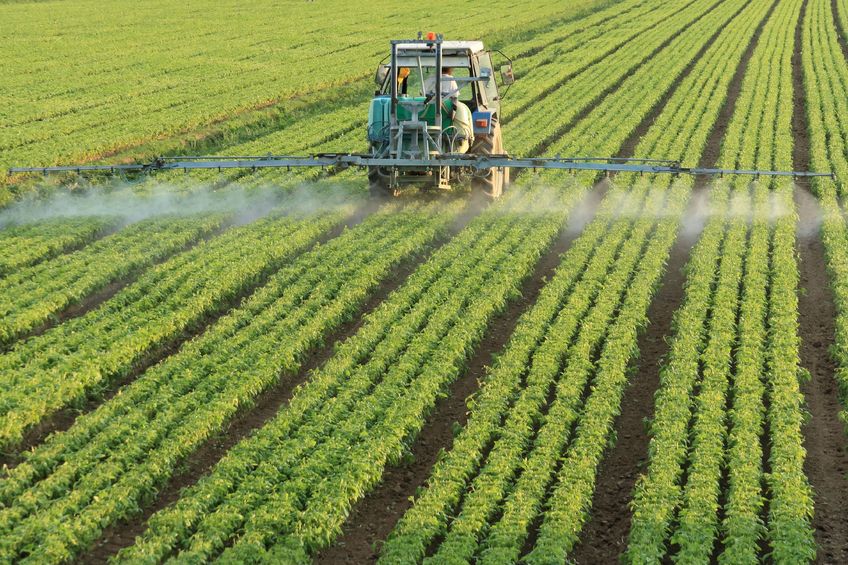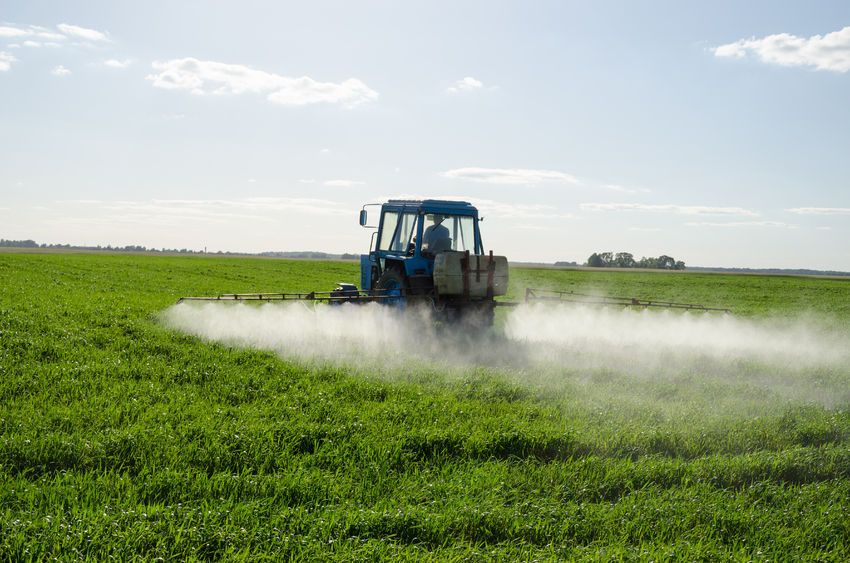
Glyphosate, the most widely used herbicide in the world, “is unlikely to pose a carcinogenic risk to humans,” a new study by a panel of scientists has found.
Four Expert Panels have been convened for the purpose of conducting a detailed critique of the evidence in light of International Agency for Research on Cancer (IARC) 2015 assessment that glyphosate is “probably carcinogenic to humans”.
Glyphosate manufacturer Monsanto commissioned the new study from Intertek Scientific & Regulatory Consultancy in Canada, which assembled the 16-member panel.
And a report released by the US Environmental Protection Agency (ESA) on September 16 in anticipation of a Scientific Advisory Panel meeting next month on the subject reached conclusions similar to those in the Monsanto-funded study.

A Monsanto spokesman said: "These findings by the panel come at an important time, after so much unnecessary confusion and concern has been caused by IARC's classification of glyphosate.
"The panel's findings are consistent with the conclusions of regulatory authorities around the world.
"In fact, since IARC classified glyphosate, regulatory authorities in the United States, Europe, Canada, Japan, New Zealand and Australia have publicly reaffirmed that glyphosate does not cause cancer."
In the paper, the experts said:
• "Even when using worst-case assumptions, systemic exposures to applicators, bystanders, and the general public are very small… There is an extremely large margin of safety from exposure to glyphosate via normal uses:" the expose experts said.
• “Glyphosate epidemiologic literature does not indicate a causal relationship between glyphosate exposure and NHL (non Hodgkin’s lymphoma):” the epidemiology panel said.
• The expert panel disagreed with the IARC report’s conclusion that there is sufficient evidence that glyphosate is carcinogenic for lab animals such as mice and rates.
• "Extensive reviews of the genotoxicity … all support a conclusion that glyphosate is inherently not genotoxic:” the genotoxicity experts said.
IARC is a division of the World Health Organization and its 2015 report had massive implications for public policy around glyphosate, the active ingredient in Roundup herbicide.
And this spring, the European Union came close to banning glyphosate.
Several countries, such as France and the Netherlands, refused to support an extension of glyphosate’s registration in Europe.
But glyphosate was eventually granted extension for a further 18 months.
